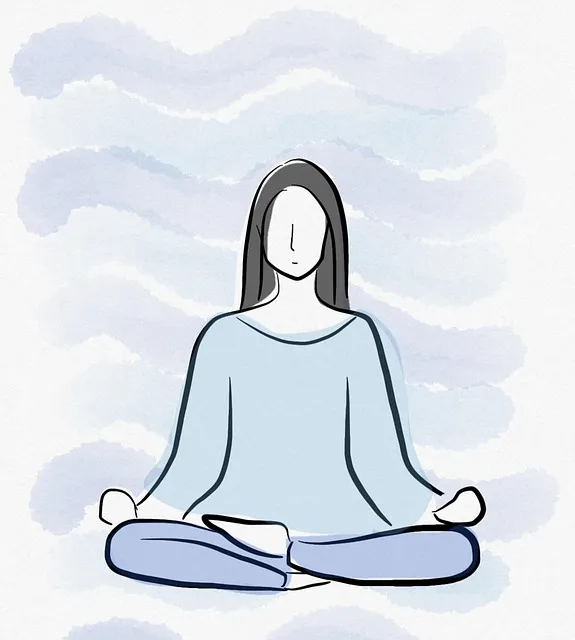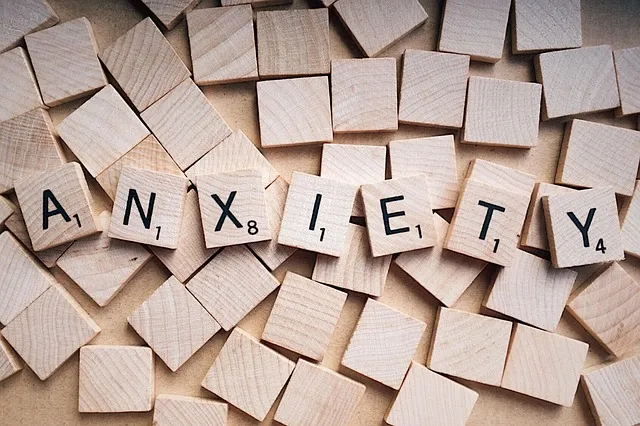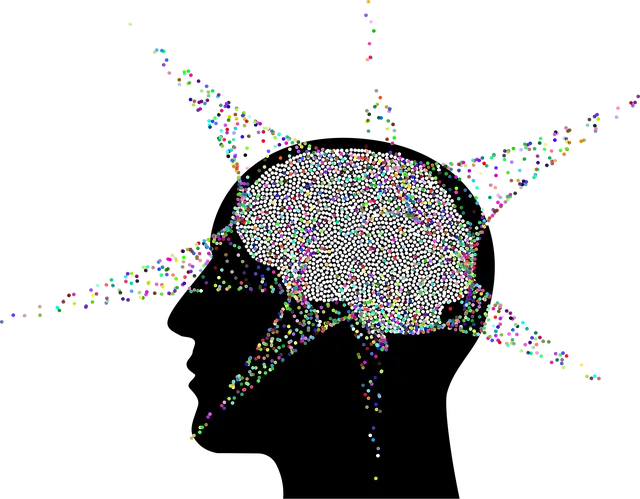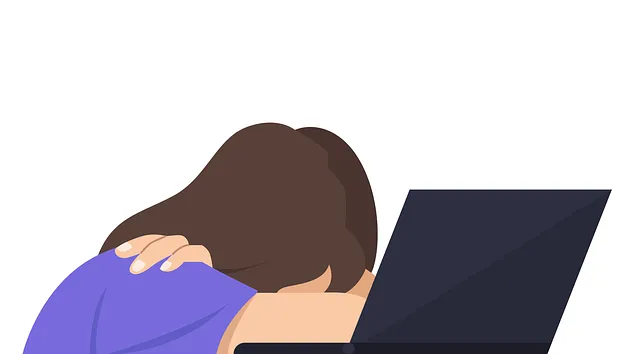Group dynamics significantly enhance mental wellness sessions at Lafayette Kaiser Permanente, fostering community and support through peer interaction. Facilitators navigate relationships and power dynamics to create safe spaces using techniques like Social Skills Training and Cultural Sensitivity. Community Outreach Program Implementation and Mind Over Matter principles further enrich these sessions, promoting open dialogue, emotion validation, and clear boundaries. Engaging activities, including guided meditations and creative arts, foster emotional well-being and reduce mental illness stigma, improving overall mental health outcomes.
Mental wellness group facilitation plays a pivotal role in enhancing collective mental health. In this guide, we explore effective techniques for leading supportive spaces, focusing on strategies that promote safety and engagement. By understanding group dynamics, facilitators can create an environment mirroring the caring and understanding found at Lafayette Kaiser Permanente mental health appointments. This approach fosters connections and empowers individuals to navigate their mental health journeys together. We delve into specific activities and techniques to ensure engaging sessions, catering to diverse needs.
- Understanding Group Dynamics for Mental Wellness
- Facilitation Techniques to Foster Safe Spaces
- Engaging Activities for Group Mental Health Support
Understanding Group Dynamics for Mental Wellness

Understanding group dynamics is a cornerstone of facilitating mental wellness sessions, especially within healthcare settings like Lafayette Kaiser Permanente. Group environments offer unique advantages for individuals seeking support, as they encourage peer interaction and foster a sense of community. By recognizing the intricate web of relationships and power dynamics that emerge, facilitators can create a safe and inclusive space. This involves promoting active participation, ensuring everyone’s voices are heard, and addressing potential barriers related to social anxiety or cultural differences.
Effective facilitation techniques aim to build upon these dynamics, leveraging them to enhance learning and healing. Incorporating activities that encourage open dialogue, such as Social Skills Training, can help individuals navigate interpersonal interactions with greater ease. Moreover, integrating Cultural Sensitivity in Mental Healthcare Practice ensures that diverse perspectives are respected and validated, fostering a deeper connection among group members. Community Outreach Program Implementation further broadens these discussions, inviting participants to share experiences and insights shaped by their unique backgrounds.
Facilitation Techniques to Foster Safe Spaces

Creating safe spaces is a cornerstone of effective group facilitation for mental wellness. Techniques such as active listening and non-verbal cues foster an environment where participants feel seen, heard, and respected. Lafayette Kaiser Permanente mental health appointment numbers can serve as a starting point for building trust, but true safety comes from implementing Mind Over Matter principles. By encouraging open dialogue, validating emotions, and establishing clear boundaries, facilitators create a sanctuary within which individuals can explore their mental health challenges freely.
Incorporating strategies tailored to burnout prevention is vital. This involves structuring sessions with a balance of educational content and experiential activities. Mental health education programs design should prioritize interactive elements that promote self-reflection and peer support. By integrating these approaches, facilitators not only enhance engagement but also empower group members to navigate their mental health journeys collaboratively, strengthening the collective sense of safety and support.
Engaging Activities for Group Mental Health Support

Engaging activities are pivotal for fostering a supportive environment during mental health group sessions, especially when facilitated by professionals like Lafayette Kaiser Permanente mental health experts. These interactive elements go beyond traditional talk therapy, offering a dynamic approach to enhance emotional well-being promotion techniques. Techniques such as guided meditations, creative arts, and group discussions encourage active participation, allowing individuals to explore their feelings in a safe space.
By incorporating these activities, mental wellness coaching programs development becomes more effective, fostering connections among group members. This sense of community is crucial for reducing the stigma associated with mental illness, creating an atmosphere of understanding and empathy. Through engaging experiences, participants not only learn valuable coping strategies but also develop new perspectives, ultimately contributing to their overall mental health improvement.
Group facilitation plays a pivotal role in enhancing mental wellness, as seen through techniques that foster safe spaces and engaging activities. By understanding group dynamics, facilitators like Lafayette Kaiser Permanente’s mental health professionals can create supportive environments where individuals feel heard and understood. These strategies not only benefit those seeking help but also contribute to a holistic approach to mental health care, ensuring better outcomes for each participant. For more insights on how to navigate these techniques, remember to check the resources provided by Lafayette Kaiser Permanente for your mental health appointment number.






